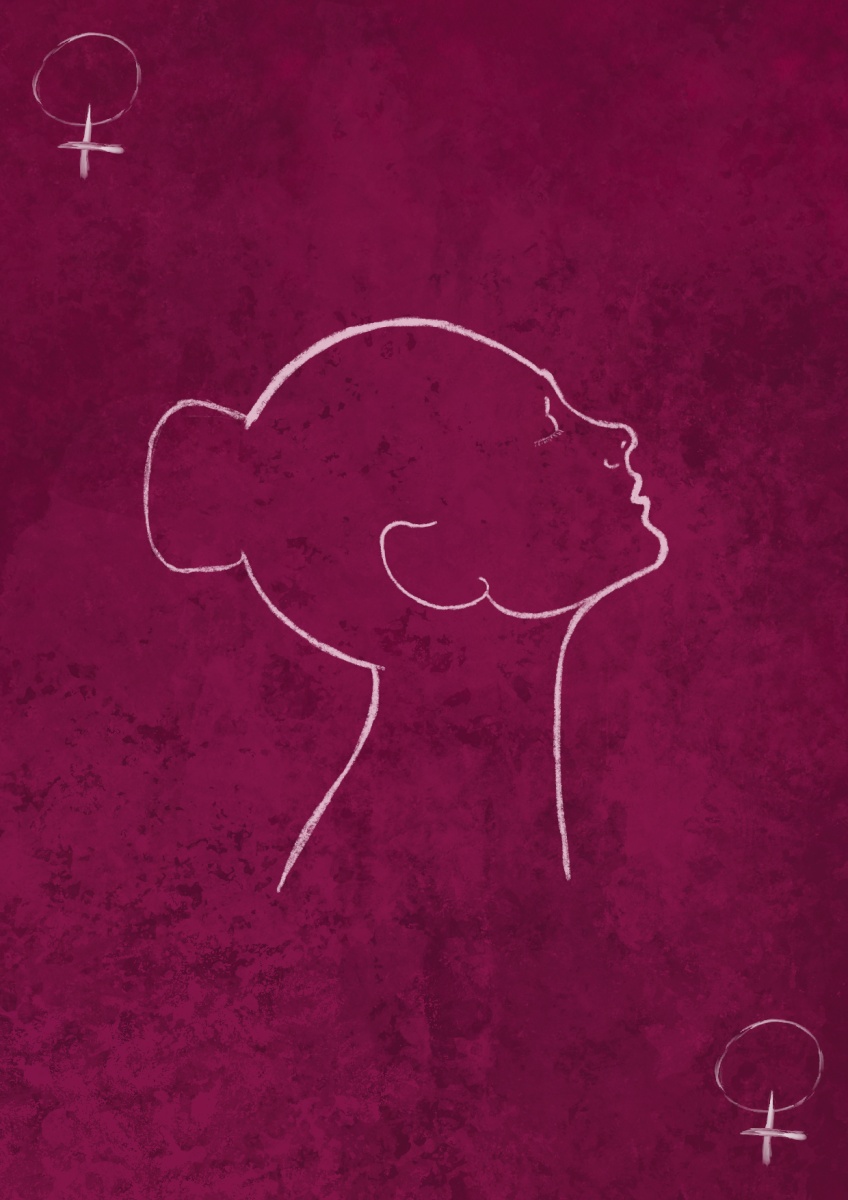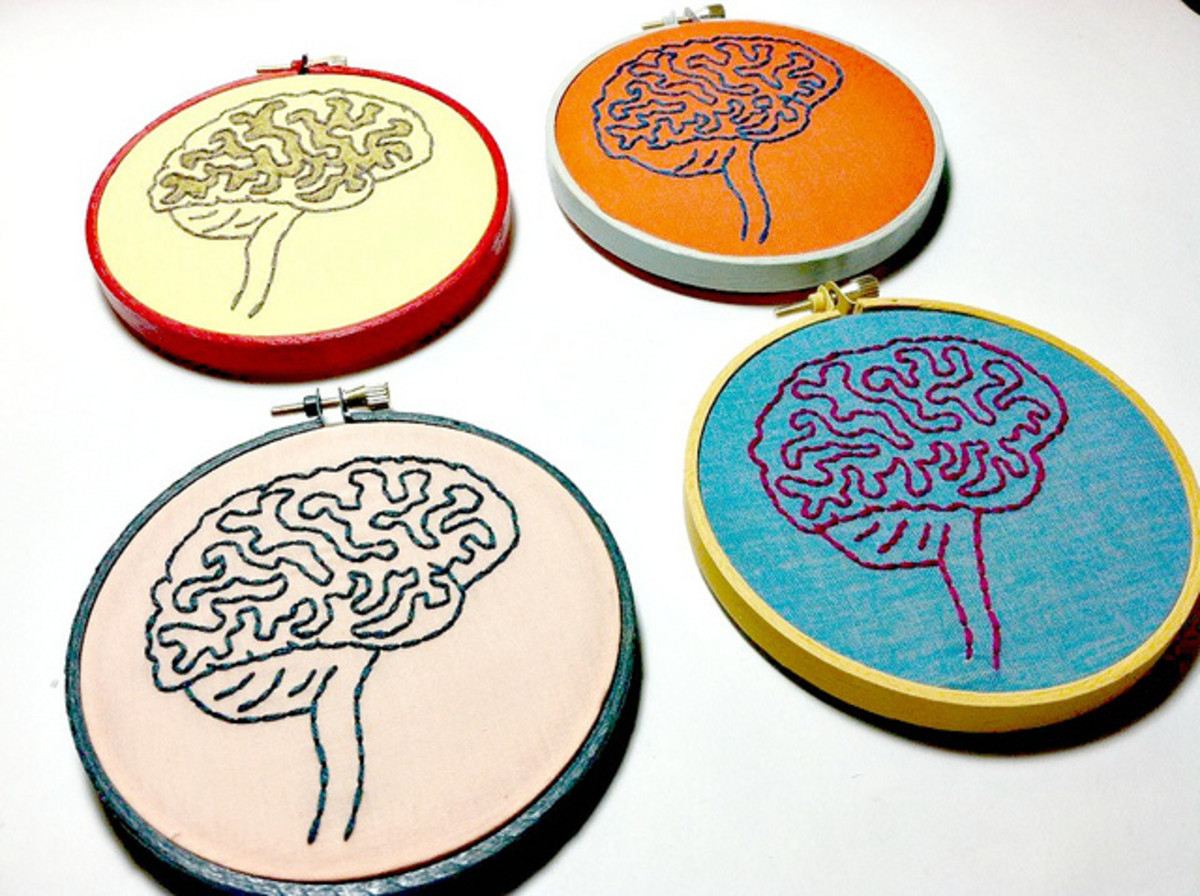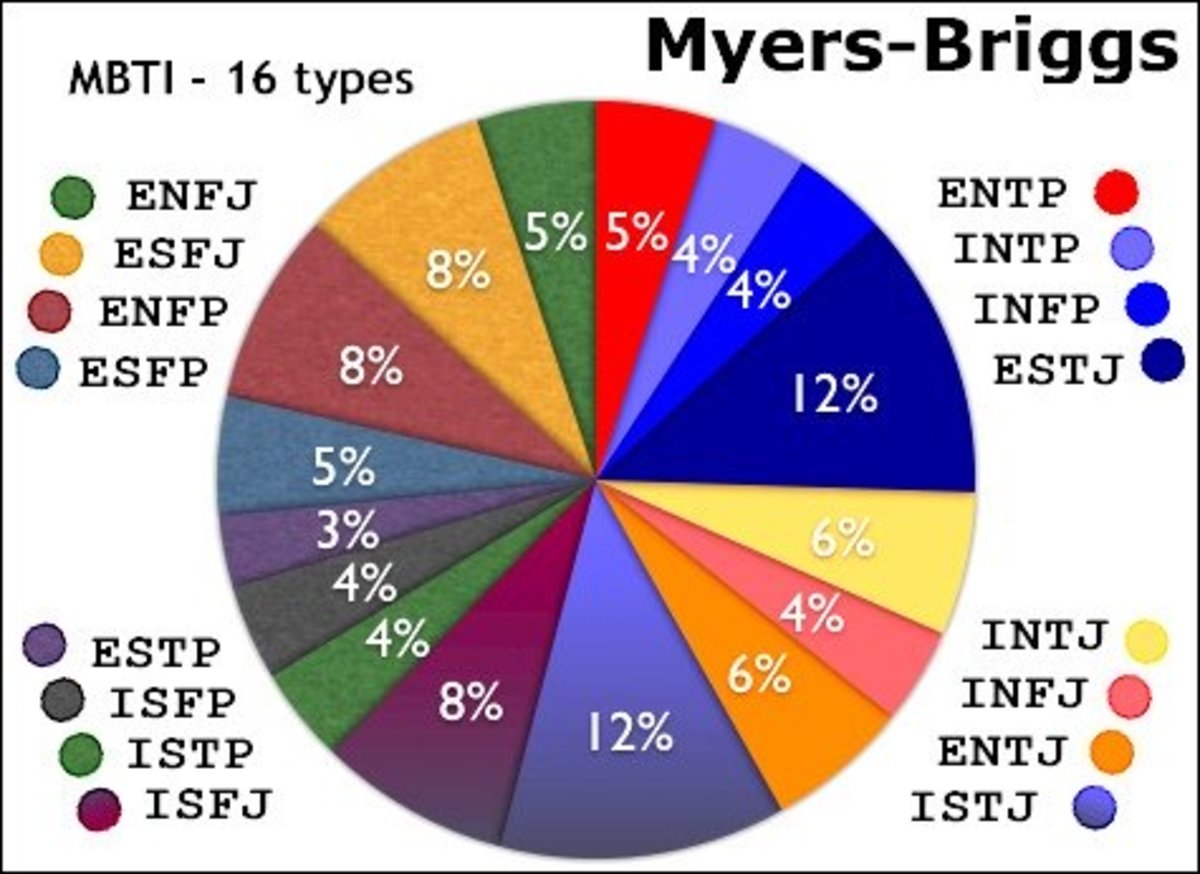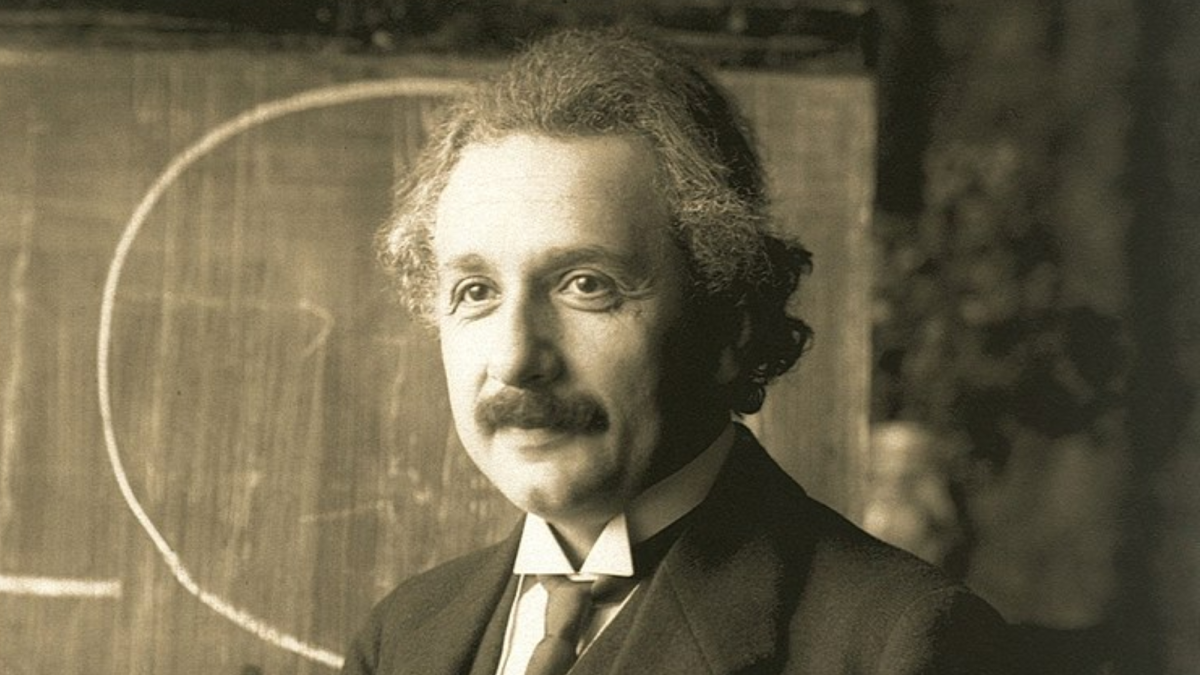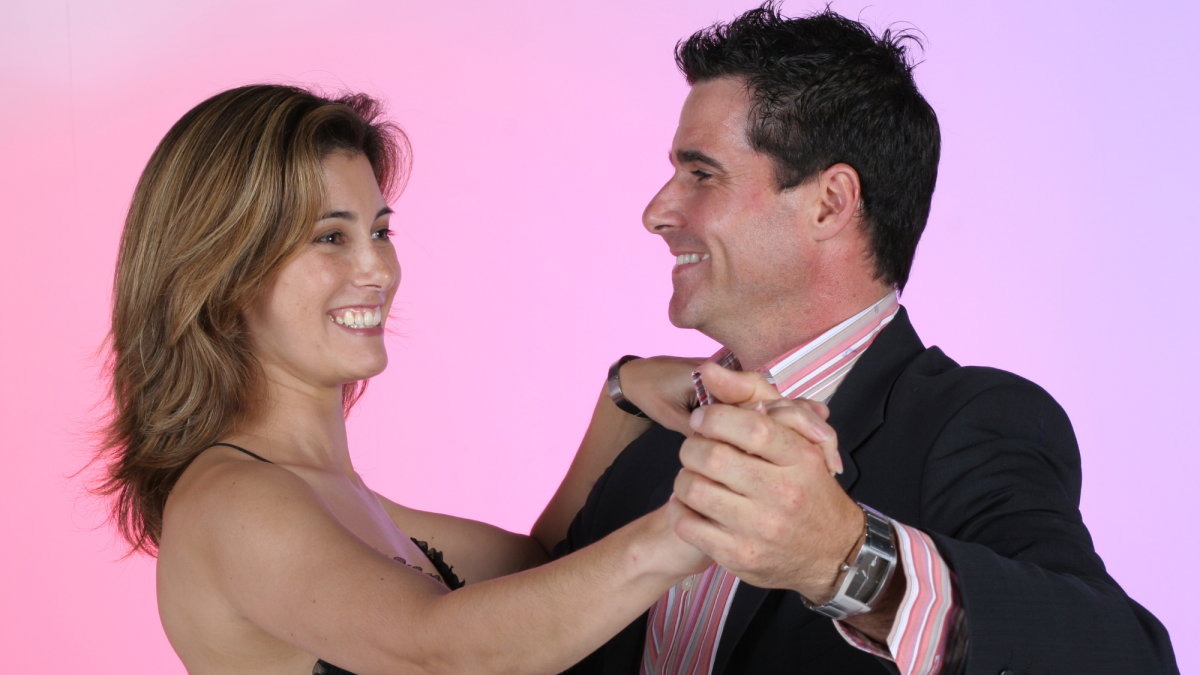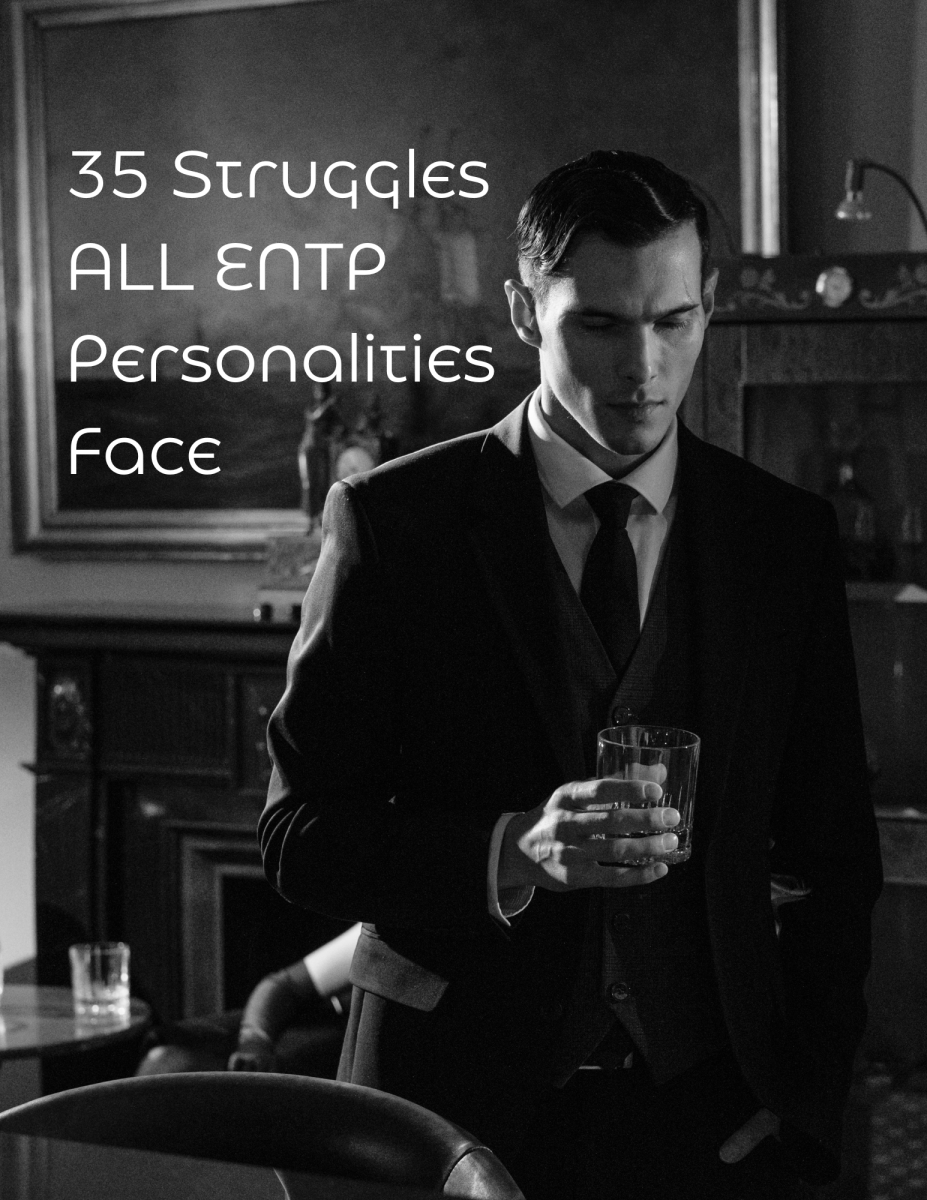- HubPages»
- Education and Science»
- Psychology & Psychiatry»
- Personality Theory & Personality Tests
Don't Smack Other People at the Meeting
I swear I thought I was going to jump across the table and whack that board member with our board training notebook. We had been discussing the same issue for close to an hour. All opinions had been heard. All the facts had been examined at least twice. It was more than time to vote but this board member wanted to go over everything one more time. I was absolutely sure it was just to make me crazy.
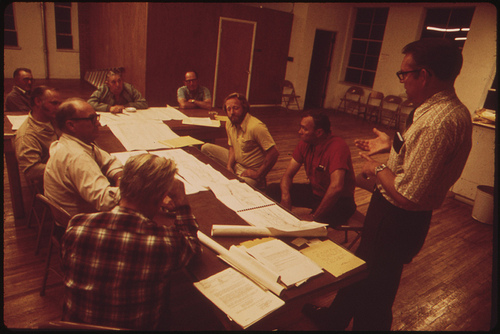
Homicidal Thoughts
How many times have you sat in a meeting with homicidal thoughts directed at one or more of the other participants? I'll bet everyone has been in that situation. We can't escape the fact that people make decisions in different ways. How we approach and solve a problem depends on our personalities, previous experience, and level of responsibility.
The Board of Directors at the nonprofit where I volunteer began experiencing some tension at board meetings. Personality conflicts escalated and problems that were relatively minor often generated hostility and heated exchanges.
We were all aware of the problem but unsure how to defuse it. The executive director suggested a board retreat to discuss the problem along with some counseling in conflict resolution. The psychologist he hired administered the Myers-Briggs Type Indicator Instrument (personality test) to the board members a few weeks before the retreat.
Personality Type
There are sixteen different personality types. One is not better than the other. It's not a competition. The goal is to present you with information about your personality type to enable you to better understand yourself and your coworkers. It can also give an indication which personality types you are likely to conflict with.
Decision Making
At the retreat we spent most of the day discussing the results provided by Myers-Briggs. Not everyone agreed with the assessment completely but it did provide a way to begin discussing decision-making without making the discussion personal.
For example, we learned that some of the personality types on our board made decisions quickly while others required more time to evaluate. Some folks took their own counsel quietly while others needed to talk out possible solutions to hear how they sounded before making a decision. These styles are no indication of intelligence or comprehension nor do either of them guarantee a good or bad decision.

Afterward
Of course, people who didn't like each other before the retreat still didn't like each other afterward. However, it did give each of us an understanding of the way different people approach a problem.
We learned that becoming angry or annoyed at another's decision-making process will only exacerbate the time required to reach a conclusion. It is best to be more patient and allow everyone the time they need in discussions. A fast decision does not mean that a board member is being irresponsible or taking a casual approach to board responsibilities.
That board retreat was the most enlightening one I have ever attended. I have used the information I learned in many areas of my life both professional and personal. It will not solve all problems and is not universally accurate. However, it can be very valuable when utilized correctly.
Myers-Briggs is a complex personality evaluation tool. It is used for far more than I have indicated here. I've included some links at the bottom of this hub if you would like to learn more and there are many books available on the topic.
- The Myers & Briggs Foundation
The Myers & Briggs Foundation - Personality test based on Jung - Myers-Briggs typology
Online test based on Jung - Myers-Briggs personality approach provides your type formula, type description, and career choices - CPP: The People Development People

